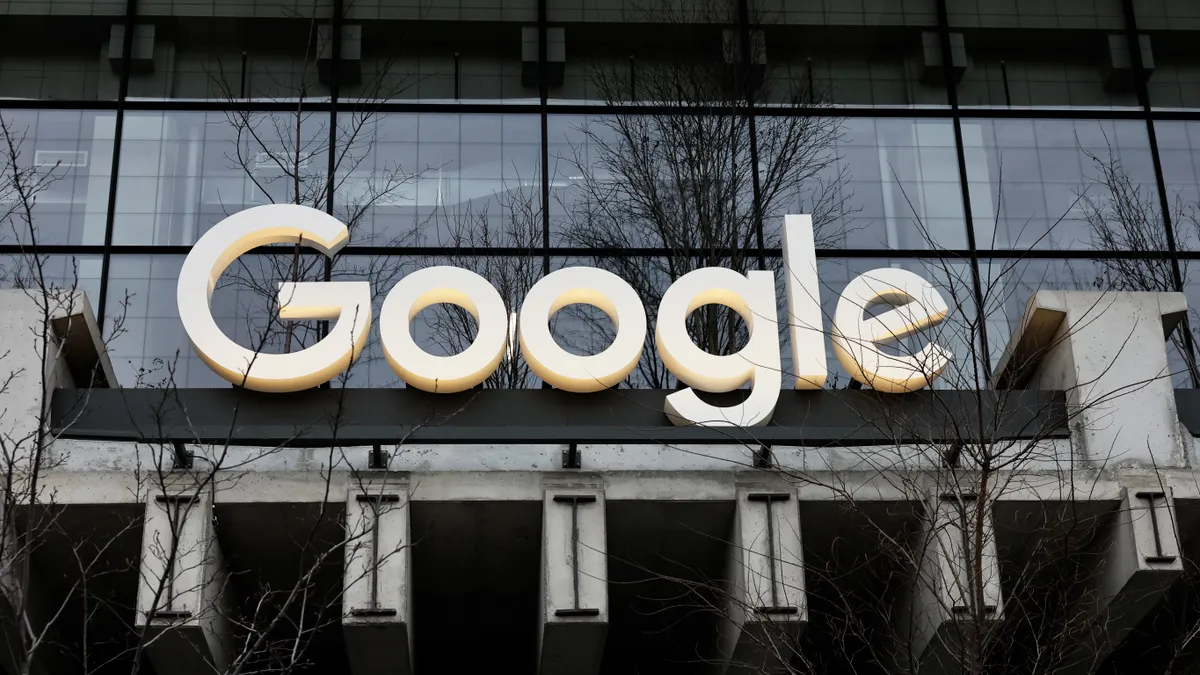
Cookies get another stay of execution — but have marketers already moved on?
Marketers shouldn’t cancel their post-cookie plans, especially as Google faces antitrust action, the possibility of a nationwide data privacy law and its own shifting priorities.
Oops, they did it again: Google has — for the third time — delayed the death of the cookie in Chrome, further complicating the advertising industry’s efforts to move beyond a bedrock technology of digital advertising.
The most recent timeline held that the tech giant would phase out the tracking technology for all users in the second half of 2024, following a test deprecating cookies for 1% of users that began in January. However, Google said in a blog posted April 23 that it now hopes to proceed with deprecation early next year.
“We recognize that there are ongoing challenges related to reconciling divergent feedback from the industry, regulators and developers, and will continue to engage closely with the entire ecosystem,” the company said in the blog.
The latest delay follows push back from the IAB Tech Lab, a key standard-setting trade body, and the Competition and Markets Authority (CMA) and Information Commissioner’s Office (ICO), U.K. regulatory bodies, over concerns about the viability and potentially anti-competitive nature of Google’s Privacy Sandbox proposals. The CMA has asked to review results from industry tests by the end of June, per the blog, making the previous deadline untenable.
Despite the stay of execution, many ad industry figures stressed that marketers shouldn’t use the delay as a reason to slow or cancel their post-cookie plans. Even if Google is eventually able to get regulatory and trade body approval of deprecation, the technology might be rendered irrelevant as the company faces larger antitrust action, the growing possibility of a nationwide data privacy law and its own shifting priorities.
“Whether the cookie disappears from Chrome in 2024 or 2025 doesn’t matter: we’re at a decisive turning point in the protection of consumer privacy,” said Wilfried Schobeiri, chief technology officer at ad-tech company Ogury, in emailed comments.
“This journey began way before Google made the decision to switch off cookies, and advertisers can no longer look the other way,” the executive continued. “This latest delay should be seen as an opportunity to invest in tested and proven solutions that will allow for scale without dependency on this timeline or future industry decisions.”
Marketers have moved on
After repeated changes to both timeline and process, the latest delay to Google’s deprecation plans did not surprise many industry figures. Yet despite expecting a delay or the possibility that the plan might never come to bear, many professionals have already or are planning to adopt cookieless solutions in the future.
Nearly two-thirds (63%) of advertising professionals believed that cookie deprecation would be pushed back to Q1 2025, per a March survey of 100 advertisers, publishers, ad tech and data partners conducted by identity solution provider ID5. Still, 72% of industry professionals had already adopted an alternative, with 20% planning to, according to ID5’s latest State of Digital Identity Report.
“Third-party cookies are obsolete and inefficient, dragging this process is prolonging the inevitable and leading to more confusion, fragmentation, and frustration,” said Mathieu Roche, CEO and co-founder at ID5, in emailed comments.
Roche claims that cookie deprecation is not synonymous with Google’s Privacy Sandbox, due to the preponderance of other identifiers and privacy solutions that have cropped up over the last few years. While ID5 operates its own cookieless identifier, the probabilistic ID5 ID, his thoughts were echoed by other executives.
“While the industry has been buzzing about the pros and cons around Google Privacy Sandbox, I keep asking myself — ‘Isn’t the cookie just soggy at this point?’ Ad tech firms like Liveramp, TTD and Magnite have already started to plant their flag in the ground with identity-free solutions,” said Lance Wolder, head of strategy and marketing at digital ad company PadSquad, in emailed comments.
Marketing built around first-party data and connected TV advertising — which don’t require cookies — have also gained in prevalence since Google first announced plans to deprecate cookies.
As marketers continue to test and adopt cookieless solutions, the lesson of Google’s repeated delays is the need to avoid a “game of cat and mouse with regulators and big tech providers,” according to Ryan Stewart, head of publisher acquisition, North America, at programmatic platform MGID.
“The buy-side could learn from the proactivity displayed by publishers and media owners, who are actively collecting and collating first-party data to build effective data activation and monetization strategies,” Stewart said in emailed comments. “It’s a long road ahead, but at least they’re taking strides towards a sturdy post-cookie ecosystem.”
Google’s rocky road
By delaying deprecation, Google will have more time to find consensus between its proposals, the ad industry and regulators around the globe. The CMA noted how the Privacy Sandbox could create obstacles for smaller digital advertising players, and, in a draft report, the ICO noted that the framework could be exploited to undermine user privacy. The IAB Tech Lab, in a report heavily disputed by Google, noted how the Privacy Sandbox could upend the current programmatic ecosystem and claimed the “industry isn’t ready yet” for the change. In light of the delay, the trade body continues to advocate for a “portfolio approach” to addressability.
“This delay should not be an excuse for the digital advertising industry to be complacent. We must continue to innovate privacy-preserving addressability and measurement solutions while working with Chrome to improve upon the critical shortcomings of the Privacy Sandbox,” said IAB Tech Lab CEO Anthony Katsur in emailed comments.
Ironing out all of those issues in the eight months before 2025 — something Google has not been able to achieve in the last four-plus years — seems unlikely. Compounding the issue, Google is set to stand trial in September over accusations by the U.S. Justice Department and a coalition of states that it has monopolized the digital ad market and undermined competition.
Plus, the issue of cookies and digital ad tracking in general could be entirely upended as Congress makes progress on comprehensive data privacy legislation in the form of the American Privacy Rights Act (APRA). The new legislation has seen bipartisan support and could standardize what has become a patchwork approach to data privacy as states increasingly pass their own laws.
And as it faces regulatory action and industry push back on several fronts, Google is working to restructure its business around growth sectors like AI and cloud services as advertising growth slows. Parent company Alphabet will announce its latest earnings report on Thursday (April 25), giving investors, the tech industry and ad world an inside look at the the evolving ad giant — including, possibly, more details on how its plans will affect marketers.
“As the decision to delay becomes official, my only caution to our industry is that we don’t keep pushing identity down the road — much of the cookie depreciation has already occurred,” said PadSquad’s Wolder. “Marketers who own their data and take a thoughtful approach to reaching and messaging with their customers and prospects are primed to win the biggest share of wallets.”
Reference : marketingdive.com/




